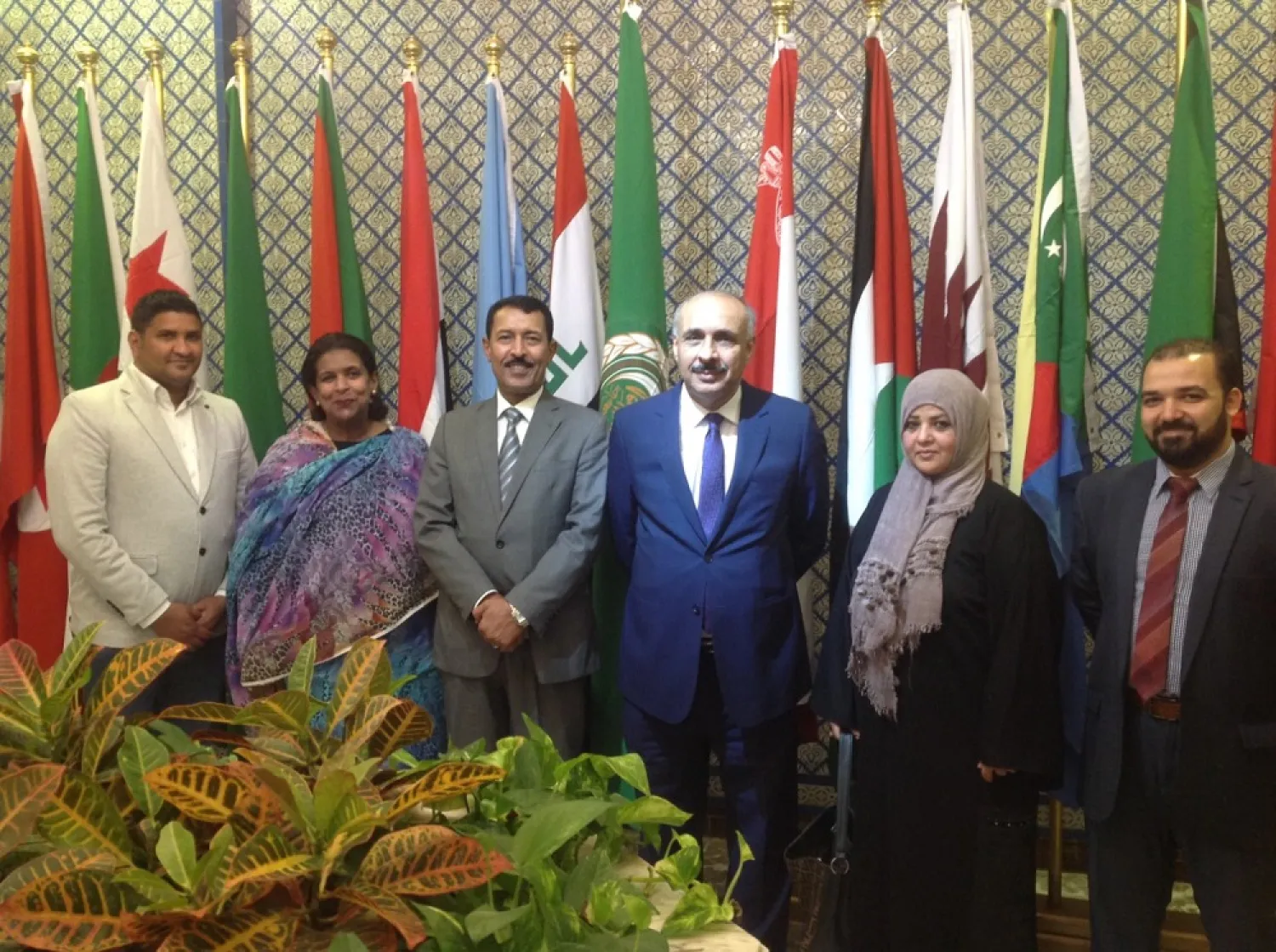Yemen presented to the Arab League a comprehensive economic and social plan that includes the health, education, housing and tourism sectors in order to contribute to the Arab reconstruction and development of the country.
Arab League head of economic relations Thamer al-Ani said in a press statement at the League’s headquarters in Cairo that the plan was placed under assessment during various meetings between Yemeni representatives and the Arab bloc.
The plan is in line with the resolution issued at the fourth Arab Development Summit held in Beirut in January.
Yemen’s delegation in Cairo included Undersecretary of the Ministry of Industry and Trade of Yemen Ali Atef al-Sharafi and Ministry’s official Garam Aman.
Ani said the Yemeni delegation reviewed the plan and the economic feasibility of each project and its cost. An agreement was reached to hold a meeting for Arab funds and call on concerned Arab ministerial councils to implement the decisions of the Beirut summit.
The summit had called on member states, financial institutions, Arab funds, specialized Arab organizations and Arab and international donors to provide technical and financial support to Yemen in the areas of assistance to refugees and displaced citizens. It also called for providing assistance in the areas of training, comprehensive education and health coverage, as well as programs for employment, empowering women and rehabilitating youths and children recruited in the war.
The summit also called for the provision of humanitarian and relief assistance and their delivery to the beneficiaries.
Ani affirmed that Yemeni citizens would be at the core of the reconstruction plan, which includes efforts to improve their social and economic conditions.
He revealed that a meeting for Arab funds will be held soon to aid in the reconstruction.









